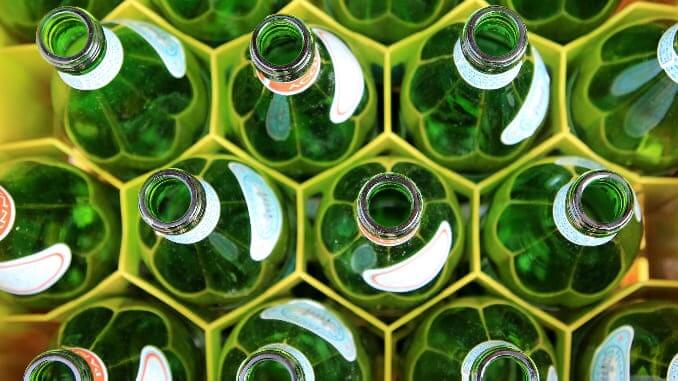Rolling Glass Bottles Down Stairs and the Scourge of Food Waste on TikTok
Photo by Lacey Williams/Unsplash
There are few sentiments that annoy me more than mindless, uncritical rejections of TikTok. Don’t get me wrong—there’s plenty to hate about the app—but the idea that TikTok is just video after video of teenagers making up dances to poorly produced music is a tired and inaccurate depiction. After a couple of years of curating my for you page, I generally see videos about politics, wine, feminist theory, and bizarre art that would be unlikely to find a home elsewhere on the internet. Probably around 85% of the videos that come up for me on the app are representative of my interests.
But then, every once in a while, I’ll come across a video that makes me understand the unbridled vitriol that some have against the app. Recently, almost all of those videos have been of people rolling glass bottle after glass bottle down a set of stairs until they break, spewing their contents all over the stairwell (and probably waking up all of their neighbors in the process). TikTokers like @rachapotes have amassed millions of views with this content, which is being touted as ASMR.
I work in an industry in which some food waste is almost inevitable—it’s difficult to write about food without buying too much, preparing too much, cooking too much at some point. It’s something that I (and most people I know who work in food media) actively try to prevent in our work. But in these videos, food waste isn’t an unfortunate byproduct of the video—it’s the whole point of it.
-

-

-

-

-

-

-

-

-

-

-

-

-

-

-

-

-

-

-

-

-

-

-

-

-

-

-

-

-

-

-

-

-

-

-

-

-

-

-

-








































